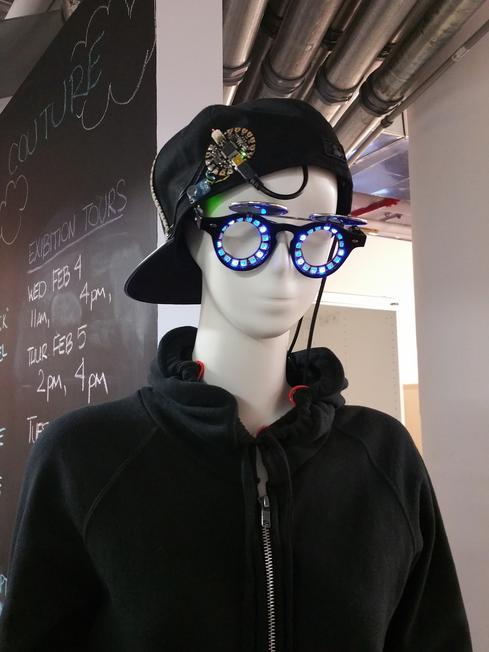In the Brains Vs. Artificial Intelligence poker competition last week, the human players won, sort of.

Beyond Apple Watch: What's Next In Wearables
Beyond Apple Watch: What's Next In Wearables (Click image for larger view and slideshow.)
At Pittsburgh's Rivers Casino last week, the brains battled a bot to a narrow win in Texas Hold'em poker -- or to a draw, depending on whom you ask.
Four top poker players collectively played 80,000 hands of Heads-up No-limit Texas Hold'em (two players) against an artificial intelligence program called Claudico over the course of two weeks.
At the end of the Brains Vs. Artificial Intelligence competition, three of the four players had more money than the computer. Together the human players' winnings exceeded Claudico's by $732,713.
Bjorn Li, Doug Polk, and Dong Kim led Claudico by $529,033, $213,671, and $70,491, respectively. Jason Les trailed Claudico by $80,482.
But given that $170 million was bet during the contest, the human monetary edge amounts to less than half a percentage point of that total -- a statistical tie.
"From how well Claudico played, I think it was balanced and a strong opponent, but I don't want this misrepresented as a tie," countered Polk in a tweet.
Polk also characterized Claudico as a "strong opponent" in a videotaped statement, praising the computer program's balanced approach to solving poker problems. But he observed that the AI made unusual decisions, like betting $19,000 to win what was then a $700 hand. "That's not a human thing, that's a computer thing," he said, noting that people are more reluctant to wager so much money.
No actual betting took place. The humans each received a fee from a prize purse of $100,000 donated by Rivers Casino and Microsoft Research.
Claudico's creator didn't characterize the outcome as a defeat.
"It would have been no shame for Claudico to lose to a set of such talented pros, so even pulling off a statistical tie with them is a tremendous achievement," said Tuomas Sandholm, the professor of computer science at Carnegie Mellon University who led Claudico's development, in a statement.
Last July, a predecessor of Claudico, Tartanian7, won a Heads-up No-limit Texas Hold'em contest against other AI bots at the Association for the Advancement of Artificial Intelligence's 2014 Computer Poker Competition.
Sandholm said that beating top human poker players isn't the goal, though he contends AI will soon be able to do so. The aim of his work is to create an artificial intelligence system that can make decisions based on incomplete information, a feat that has applications in a wide variety of fields, including business, cybersecurity, and medicine.
Claudico runs on the Pittsburgh Supercomputing Center's Blacklight computer, an SGI UV 1000cc-NUMA shared-memory system comprising 256 blade servers, each with two Intel Xeon X7560 (Nehalem) eight-core processors. The human players used their own laptops at the casino to connect to Claudico.
In a way, each side won: The humans got to declare victory, statistics be damned, and the machine got 80,000 poker hands to study for its eventual dominance.
About the Author(s)
You May Also Like







